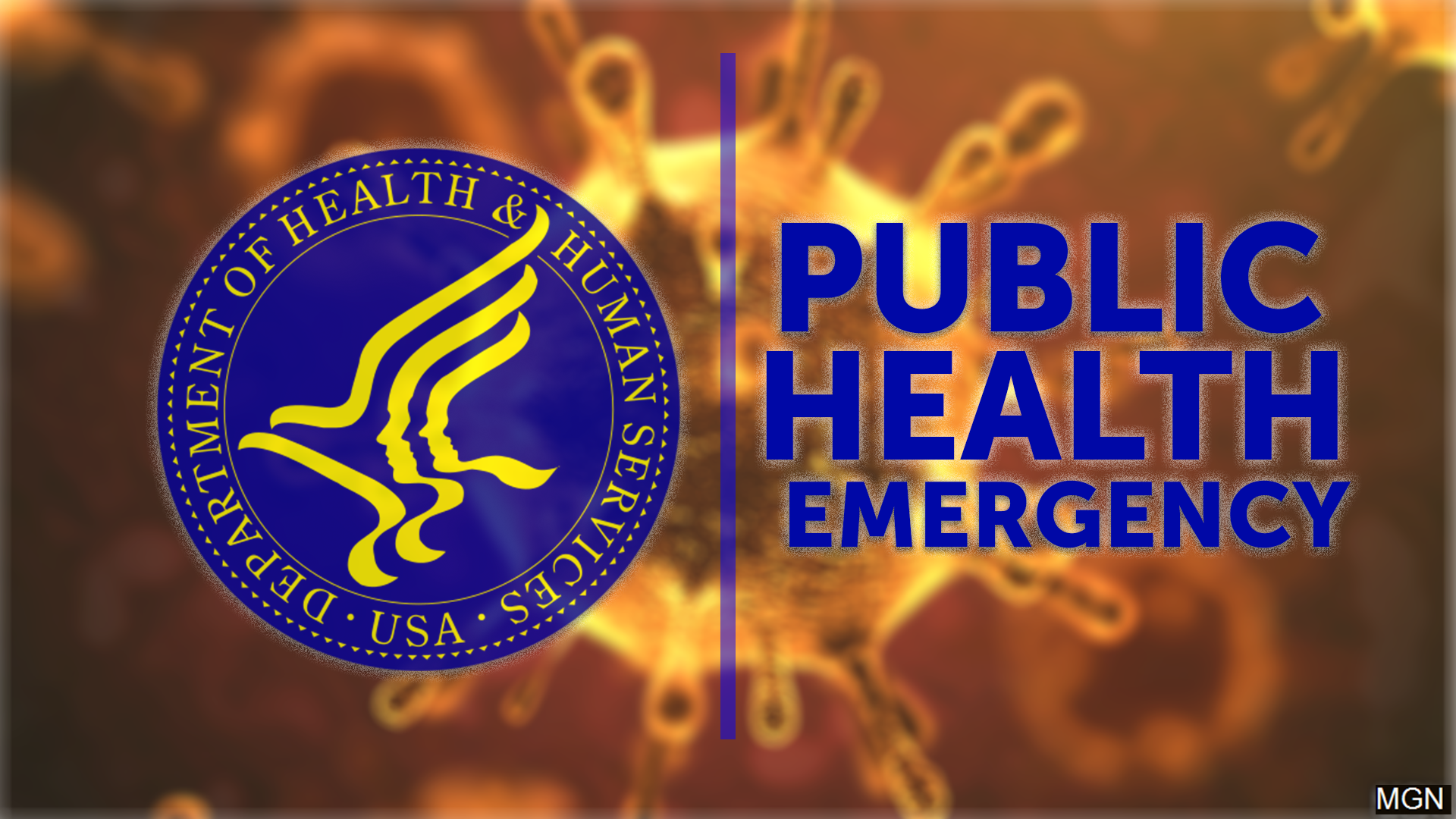After a slow few weeks in the House and Senate Health & Human Services Committees action is picking up. There are several bills we’re signed up for and against next week.
Committee Hearings
In Senate Health Agenda we’ve expressed our support for SB1221 which will allow the state health information exchange to capture childhood immunization data – which will help coordinate care. We signed up against SB1293 which would basically outsource inspections of nursing homes and assisted living centers to a 3rd party who the ADHS would contract with. I understand the frustration w/ ADHS after the 2019 and 2022 Auditor General’s reports, but the problem isn’t the statute or system but nonfeasant leadership during the Ducey/Christ administration.
I suggest holding ADHS accountable rather than outsourcing inspections and complaint investigations. See: Auditor General’s Office Produces Scathing Review of ADHS’ Nursing Home Complaint Investigations During the Director Christ Era. We’re neutral on a bill that would allow international medical graduates from a list of 9 countries to get a provisional medical license upon submitting certain documentation about their residency etc. (SB1241).
Over in House Health Agenda we’re signed up against a controversial bill being sold as a solution to homelessness – but the AZ Housing Coalition and others we trust believe the bills would do more harm than good, so we’re signed up against that one (HB2284). We’re signed up neutral on the House mirror bill for international medical graduates (HB2467).
Executive Nominees
In a party line vote the Senate also approved new rules creating a new committee new committee tasked with gathering info and evaluating qualifications on Governor Hobbs’ executive nominees. According to the mission of this new committee they are supposed to ‘recommend a course of action for the Senate to take on each individual.” Historically nominees have been evaluated by the standing committee most closely associated with the job. For example, ADHS and AHCCCS director nominees would be heard by the Senate Health & Human Services committee.
The Committee chair is Hoffman with Kerr as the vice chair. Other members are Shope, Marsh and Burch. Placing Hoffman as the chair could be considered a shot across the bow by Senate President Peterson.
As of this writing, Dr. Cullen (ADHS), Karen Peters (ADEQ) and Angie Rodgers (ADES) are scheduled before the committee on Thursday, February 9 at 2pm. We’ll see if that schedule holds, I doubt it.
Budget Drama
Meanwhile, both chambers have introduced a continuation budget, meaning keeping funding levels largely flat from FY2023 with only required formula changes. The budget has been advancing through the Senate on party-line votes, with Republican leadership asserting that it’s responsible to ensure the state can continue to operate beyond June 30 when the state fiscal year closes.
The Democratic minority is not supportive of the “kick the can down the road” approach and has chastised the majority for their unwillingness to negotiate. The House began their budget hearings Wednesday afternoon, but Governor Hobbs has publicly stated she intends to veto a continuation budget, so even if the budget makes it through both chambers and up to the 9th floor, it won’t become the FY2024 state budget.
Monday marked the final day Senators could introduce new bills without special permission. House members may still introduce bills for a few more weeks, but they are limited to no more than seven bills each. The next important deadline is Friday, Feb. 17, when bills must have advanced through committee in their chamber of origin to continue through the process.


